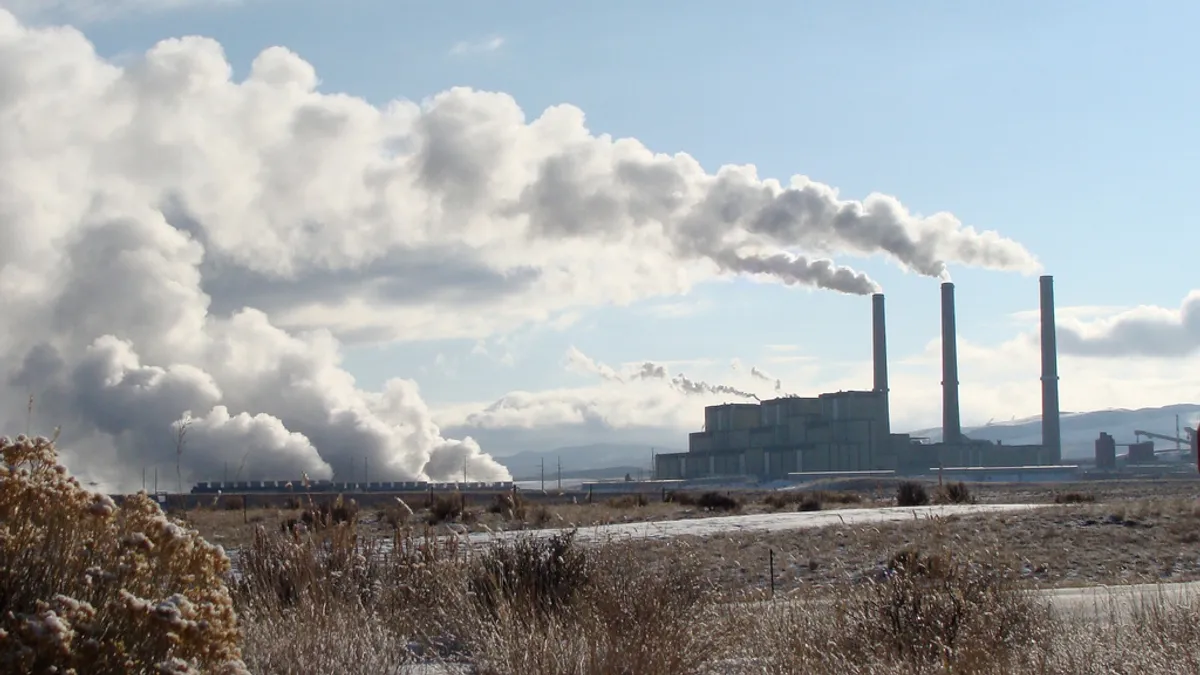Dive Brief:
- The Colorado Public Utilities Commission (PUC) on July 31 issued a Notice of Proposed Rulemaking (NOPR) related to the state's new oversight of Tri-State Generation & Transmission's electric resource planning.
- In May, Colorado legislators passed a bill, signed by Gov. Jared Polis, D, in June that gives the commission jurisdiction over Tri-State's resource planning. The commission's notice last week set a hearing date of Oct. 15, and directed the utility to address a number of questions including how its multistate operations would be balanced against state resource planning.
- Tri-State last month took steps to become regulated by the Federal Energy Regulatory Commission (FERC), which would allow it to avoid rate oversight from Colorado regulators and other states. Tri-State officials say that process is progressing.
Dive Insight:
The proposed rules would require Tri-State to file an electric resource plan (ERP) every four years, including annual energy demand forecasts, an evaluation of existing and required resources and projected emissions in terms of pounds/MWh and short tons per year.
The PUC asked Tri-State to respond to several questions, including how its multistate operations affect Colorado members; how those factors will be reflected in its resource plan; and how it currently allocates revenues and costs to members, both direct and indirect.
The NOPR notes, "the proposed rules for a wholesale electric cooperative such as Tri-State mirror the two-phase ERP process currently in place for Colorado's investor-owned utilities."
Tri-State operates in four states and currently does not face federal oversight — though that may change.
Tri-State is "reviewing the proposed resource planning rules and will participate in the rulemaking process," the company said in an email to Utility Dive.
Tri-State officials made their filing with FERC on July 23, and say they expect the commission to accept the filing in 60 days.
"When the filing is accepted, Tri-State will be fully rate regulated by the FERC," the utility said. "Our filing at FERC does not impact our compliance with the new Colorado resource planning law."
In July, Tri-State unveiled a Responsible Energy Plan to reduce the carbon emissions of its generation fleet while also cutting costs and ensuring reliability. The utility has been under pressure from members who want more renewable energy, at lower costs. Delta-Montrose Electric Association recently reached an agreement to exit Tri-State's service next year.
According to Tri-State, it has been reducing its coal use by accessing market power when the economics make sense. And, the generator is retiring Unit 1 of its Craig Station by the end of 2025 as well as its 100 MW Nucla station in early 2020.
The proposed rules will be published in the Colorado Register on Aug. 10, with initial responses due Sept. 11 and replies due two weeks later.















